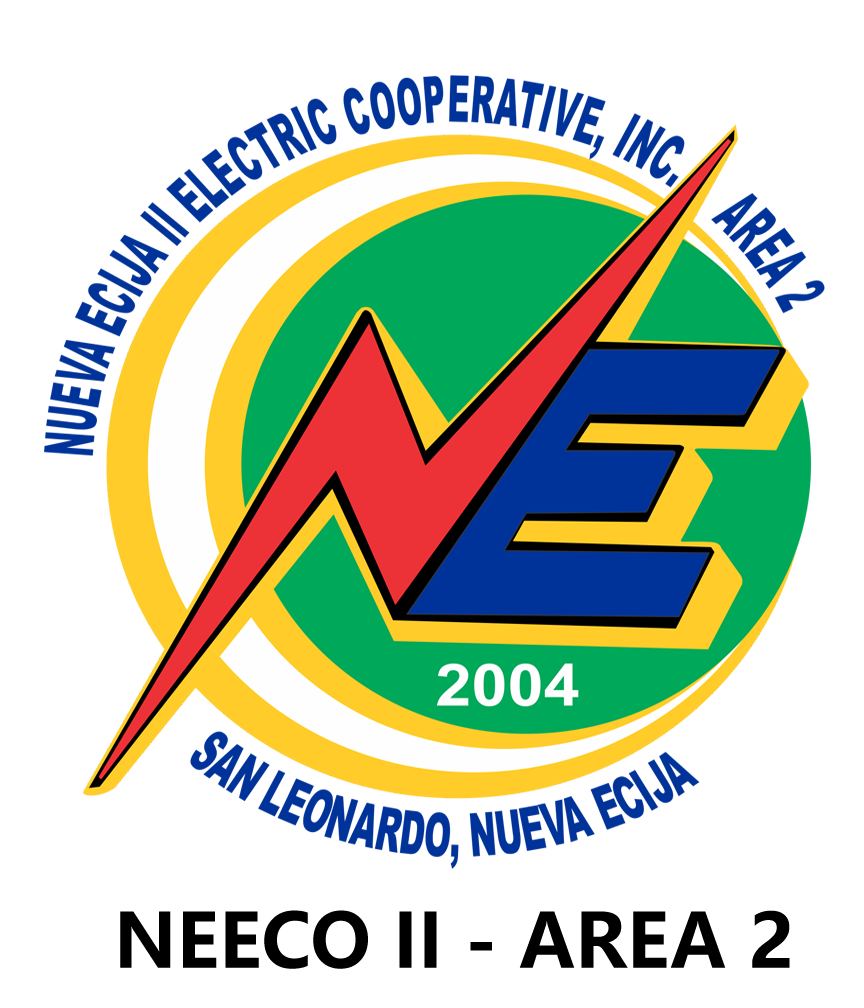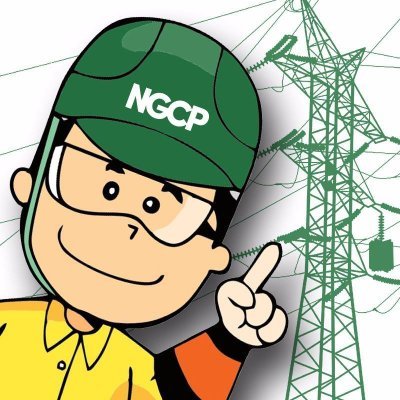- Tap, make or cause to be made any connection with overhead lines, service drops, or other electric service wires, without previous authority or consent of the private electric utility or rural electric cooperative concerned
- Tap, make or cause to be made any connection to the existing electric service facilities of any duly registered consumer without the latter’s or the electric utility’s consent or authority;
- Tamper, install or use a tampered electrical meter, jumper, current reversing transformer, shorting or shunting wire, loop connection or any other device which interferes with the proper or accurate registry or metering of electric current or otherwise results in its diversion in a manner whereby electricity is stolen or wasted;
- Damage or destroy an electric meter, equipment, wire or conduit or allow any of them to be so damaged or destroyed as to interfere with the proper or accurate metering of electric current; and
- Knowingly use or receive the direct benefit of electric service obtained through any of the acts mentioned in subsections (a), (b), (c), and (d) above.
Under SEC. 3. of the same R.A. 7832
- It is hereby declared unlawful for any reason to:
- Cut, saw, slice, separate, split, severe, smelt, or remove any electric power transmission line/material or meter from a tower, pole, any other installation or place of installation or any other place or site where it may be rightfully or lawfully stored, deposited, kept, stocked, inventoried, situated or located, without the consent of the owner, whether or not the act is done for profit or gain;
- Take, carry away or remove or transfer, with or without the use of a motor vehicle or other means of conveyance, any electric power transmission line/ material or meter from a tower, pole, any other installation or place of installation, or any place or site where it may be rightfully or lawfully stored, deposited, kept, stocked, inventoried, situated or located, without the consent of the owner, whether or not the act is done for profit or gain;
- Store, possess or otherwise keep in his premises, custody or control, any electrical power transmission line/material or meter without the consent of the owner, whether or not the act is done for profit or gain;
- Load, carry, ship or move from one place to another, whether by land, air or sea any electrical power transmission line/material, whether or not the act is done for profit or gain, without first securing a clearance/permit for the said purpose from its owner or the National Power Corporation (NPC) or its regional office concerned, as the case may be.
- For purposes of this section, “electrical power transmission line/material” refers to electric power transmission steel towers, woodpoles, cables, wires, insulators, line hardwares, electrical conductors and other related items with a minimum voltage of sixty-nine kilovolts (69 kv), such as the following:
- Steel transmission line towers made of galvanized steel angular members and plates or creosoted and/or tannelized woodpoles/concrete poles and designed to carry and support the conductors;
- Aluminum conductor steel reinforced (ACSR) in excess of one hundred (100) MCM;
- Overhead ground wires made of 7 strands of galvanized steel wires, 3.08 millimeters in diameter and designed to protect the electrical conductors from lightning strikes;
- Insulators made of porcelain or glass shell and designed to insulate the electrical conductors from steel towers or woodpoles;
- Various transmission line hardwares and materials made of aluminum alloy or malleable steel and designed to interconnect the towers, conductors, ground wires, and insulators mentioned in subparagraphs (1), (2), (3) and (4) above for the safe and reliable operation of the transmission lines.




